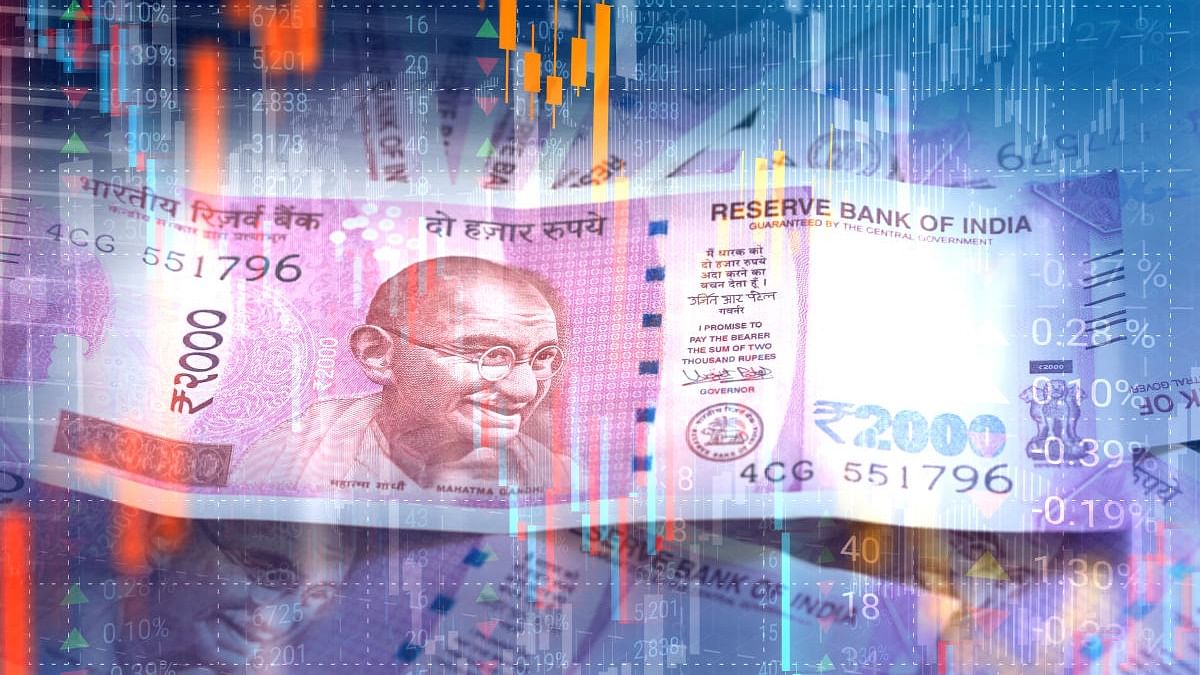
If you thought the digital rupee would change Indian banking overnight, think again.
The Reserve Bank of India launched a pilot of the e-rupee this month with the aim of eventually boosting the efficiency of settlement systems, the safety of digital payments and the currency’s functionality. As it is designed to serve limited purposes, for the time being, there is no scope for retailers’ participation in it.
The pilot announcement, which involves nine banks including SBI, HDFC and ICICI, has been dubbed as one of the most sought-after developments since it was revealed during the Union Budget in February.
“Though it is currently in its pilot stage only, still one thing is clear – that technical capability has been established, as the first deal was done between BoB and SBI under the project,” Bank of Baroda Managing Director and Chief Executive Officer Sanjiv Chadha told DH.
As of now, the transactions are taking place between banks and for government securities only, with the Clearing Corporation of India acting as an intermediary.
As of July 2022, 105 countries were exploring a Central Bank Digital Currency (CBDC), the RBI said in a report last month.
The Bahamas was the first of the 10 countries to launch its own CBDC. The primary motive behind the ‘Bahamian Sand Dollar’ launch in October 2020 was to cater better to its unbanked and under-banked citizens.
17 other countries, including China and South Korea, are in the pilot stage and preparing for possible launches. China, which was the first large economy to pilot a CBDC in April 2020, aims for widespread domestic use of the digital yuan by 2023.
The launch of a CBDC has helped these countries cut transaction costs and reduce turnaround times drastically. The RBI wants to extend the facility to cover schemes such as Kisan Credit Card, Mudra Yojana and Direct Benefit Transfer in the future. However, that will require enhanced financial literacy in India.
India has been amongst the leaders in digital payments and the government’s support has further spearheaded digitisation. The digital token will make business transactions easier. At the same time, money transfers will become quicker. An RBI-backed digital rupee reduces the risks of volatility and increases transparency.
“I don’t know if it will be able to replace the existing forms of payment infrastructure. We are waiting to see how the retail model evolves,” said Saurabh Puri, the chief business officer of the credit cards arm at Hyderabad-based fintech firm Zaggle.
When it comes to retail consumers, RBI is not designed to handle such huge transactions. It is despite the fact that certain kinds of retail transactions like unbanked will benefit from it.
Experts have also talked about the problems tied to centralised implementation and privacy issues. Some others are more optimistic.
“Digital rupee has simplified the banking ecosystem. For starters, it is a verifiable money transfer,” said Ankit Wadhwa, the co-founder and CEO of cricket-related non-fungible token platform Rario, which has sold 1.5 lakh NFTs so far.
International transfer of money has been a painful job for the country’s exporters as it takes 24 to 72 hours for the entire transaction to complete. The global transfer of money has to pass through several phases, including sender bank, correspondent bank, receiver bank, Nostro & Vostro accounts, forex team and so on, and often, they don’t know where their money is stuck.
Digital rupee will make such transactions possible instantaneously.
Unlike cryptocurrencies which are available in a decentralised format, the digital rupee will be regulated by India’s central bank RBI, making it completely legal and acceptable to the Indian government.
“CBDC will further be a positive step towards the adoption of blockchain for financial services, and will align India with the world that is rapidly progressing towards adoption of digital currencies,” said Sanjeev Chandak, the co-founder and CEO of financial services firm Ftcash.
The rapid adoption of UPI and QR-code-based payments across the country and different sizes and types of businesses have proven that India is an early adopter of technology, Chandak added. Still, it is too soon to say if the CBDC will be able to replace UPI.
(The author is a Mumbai-based senior journalist)